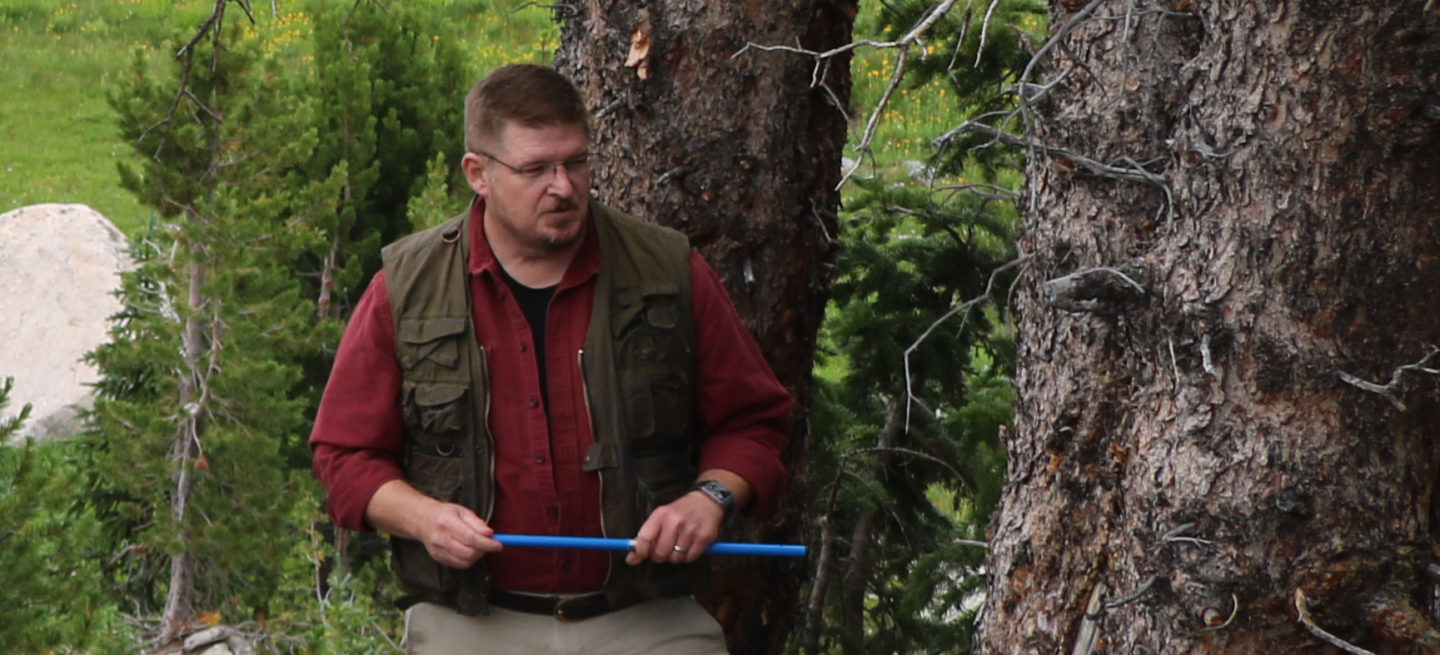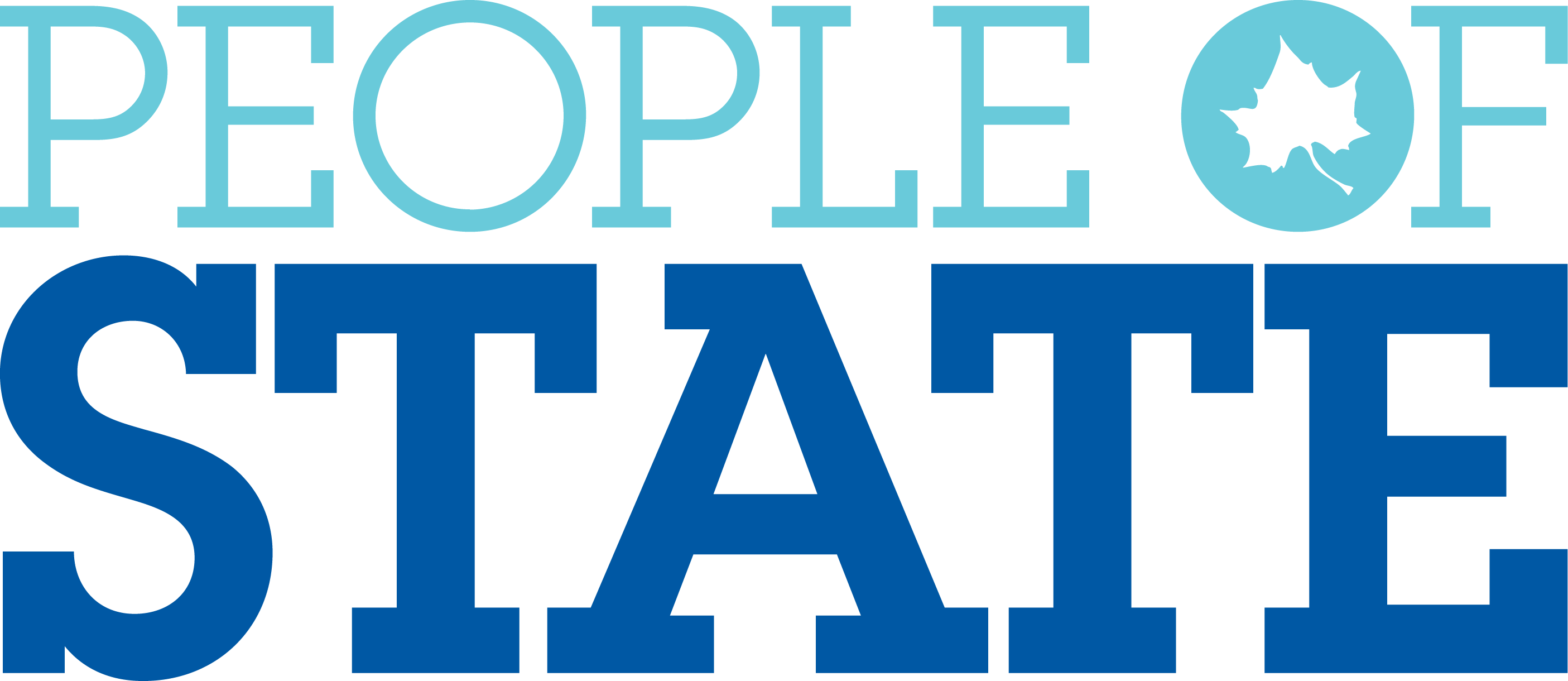
Dr. Jim Speer
By University Marketing
Oct 8, 2021
It isn’t hard to find fundraisers to donate to, petitions to sign, and causes to support. So, how do we decide what matters most to us? How do we decide what to support, and how to use our time and energy?
Dr. Jim Speer, professor in the Department of Earth and Environmental Systems (EES), says understanding our values, skills, and interests can help.
Two of his core values, sustainability and community, are connected. Dr. Speer says, “As we go more digital, we take less time to interact with our community. We’re on our phones more and don’t interact with each other as much. Along with that, we have some large problems like confronting climate change. I see sustainability as the logical solution to both of these problems. We can support our local community and at the same time mitigate climate change.”
Dr. Speer started to connect sustainability and community through his career. “I’m a dendrochronologist, so I look at tree rings and reconstruct disturbance ecology. I also reconstruct climate. That got me into looking at sustainability as a solution. I see sustainability and sustainable solutions as fixes for so many things – our warming climate and greenhouse emissions, but also community.”
Dendrochronology is critical to understanding climate change, but it isn’t taught at many colleges. According to Dr. Speer, “To learn about how the climate has changed, dendrochronology is one of the main tools because it has annual resolution and we can do climate reconstructions going back thousands of years. This is the heart of how we study climate change, and you can do that at Indiana State. That’s a rare opportunity.”
Commitment to hands-on learning also makes Indiana State stand out. Dr. Speer says, “As an undergrad at a big university, I had to fight to be able to do research. Probably 80% of our undergrads in EES are doing original research in our labs. We do a great job of providing experiential learning opportunities. In the sciences, that means they’re doing research like they would as professionals in the field.”
He encourages students to “explore through classes what opportunities are out there. Take diverse classes. There are so many options out there, and we don’t know about many of them until we learn.”
For those interested in sustainability who don’t know where to start, Dr. Speer recommends the podcast America Adapts. He says so much of the discussion about climate change is dark and negative. This podcast is about what is being done and what changes have been made. He describes sustainability as a hopeful way forward. It’s not just about reducing impact and not being able to do anything. It is about making decisions to support local and be intentional. It’s a better lifestyle than the way we’re living now – and leads to good things in the future.
Dr. Speer believes if you are passionate about something, you can make it happen, which has kept him motivated even when it takes years to make something happen, like Terre Foods Cooperative Market. Since 2007, Dr. Speer and others have worked to make Terre Foods a reality. By 2021, they finally gained enough community support to purchase a storefront in the 12 Points neighborhood. Renovations to the new storefront are underway.
When completed, Terre Foods will be a full-service, member-owned grocery store focusing on local and organic products. Stocking local goods will keep customers’ money within the community. In addition, the store will fulfill a need in an area of town without a grocery store, and offer sustainable alternatives while keeping prices fair by carrying about 25% conventional items.
Consistent effort from Dr. Speer and others led to progress toward a long-term goal. That can happen for the rest of us, too. What matters most to you? What are your values, skills, and interests? Does how you use your time and energy align with your answers?

